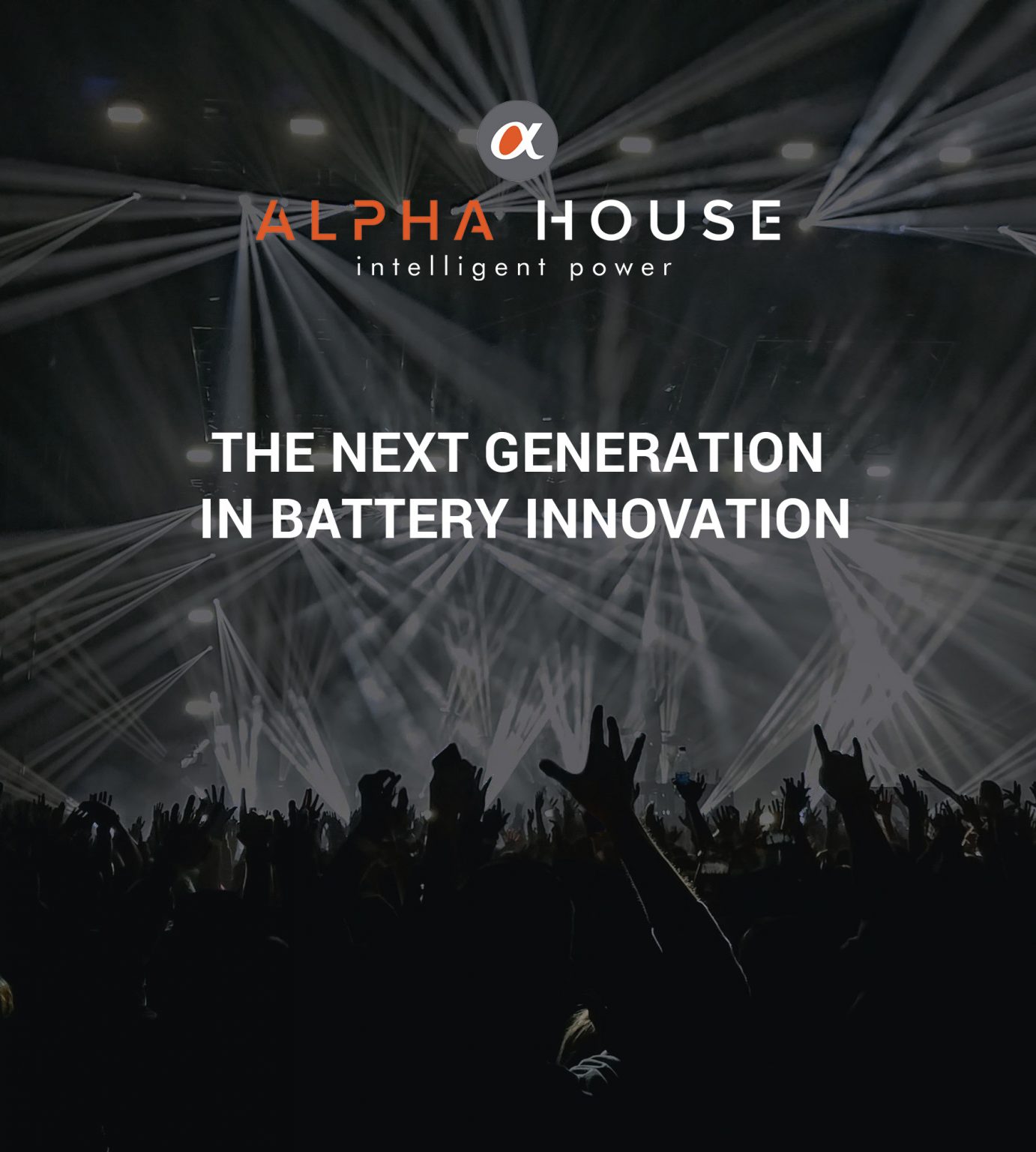When Monbat started life in 1959, renewable energy was science fiction. Rather than saving the planet, the Bulgarian state-owned battery manufacturer’s reason for existing was to produce lead-acid batteries for the Soviet Union.
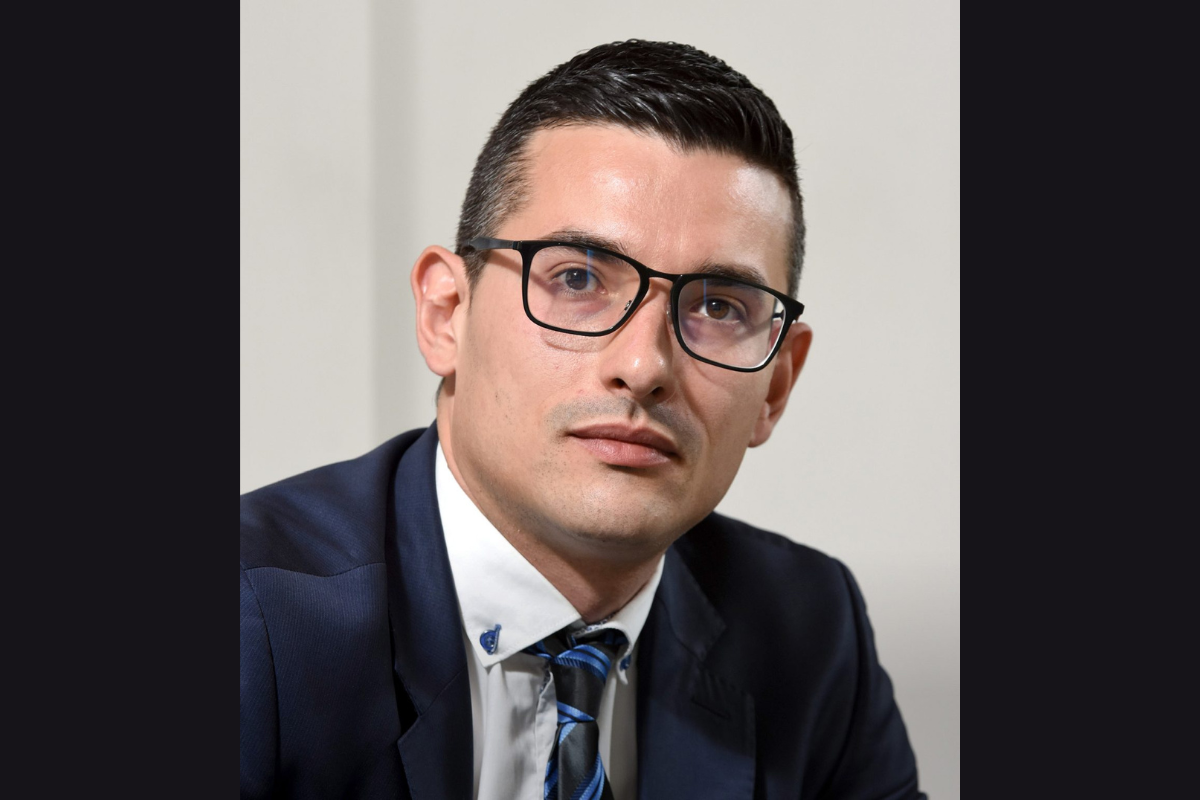
In the late 1990s, Monbat was privatized by Prista Oil and emerged as its battery-producing arm. Today, Monbat Group is one of the largest and most successful battery producers in Europe.
While Prista’s owners, Bulgarian entrepreneurs Atanas and Plamen Bobokov, have remained supporters of both lead-acid and lithium-ion batteries, Monbat actively recycles lead, lead alloys and granulated polypropylene as it pursues a more sustainable approach to its business.
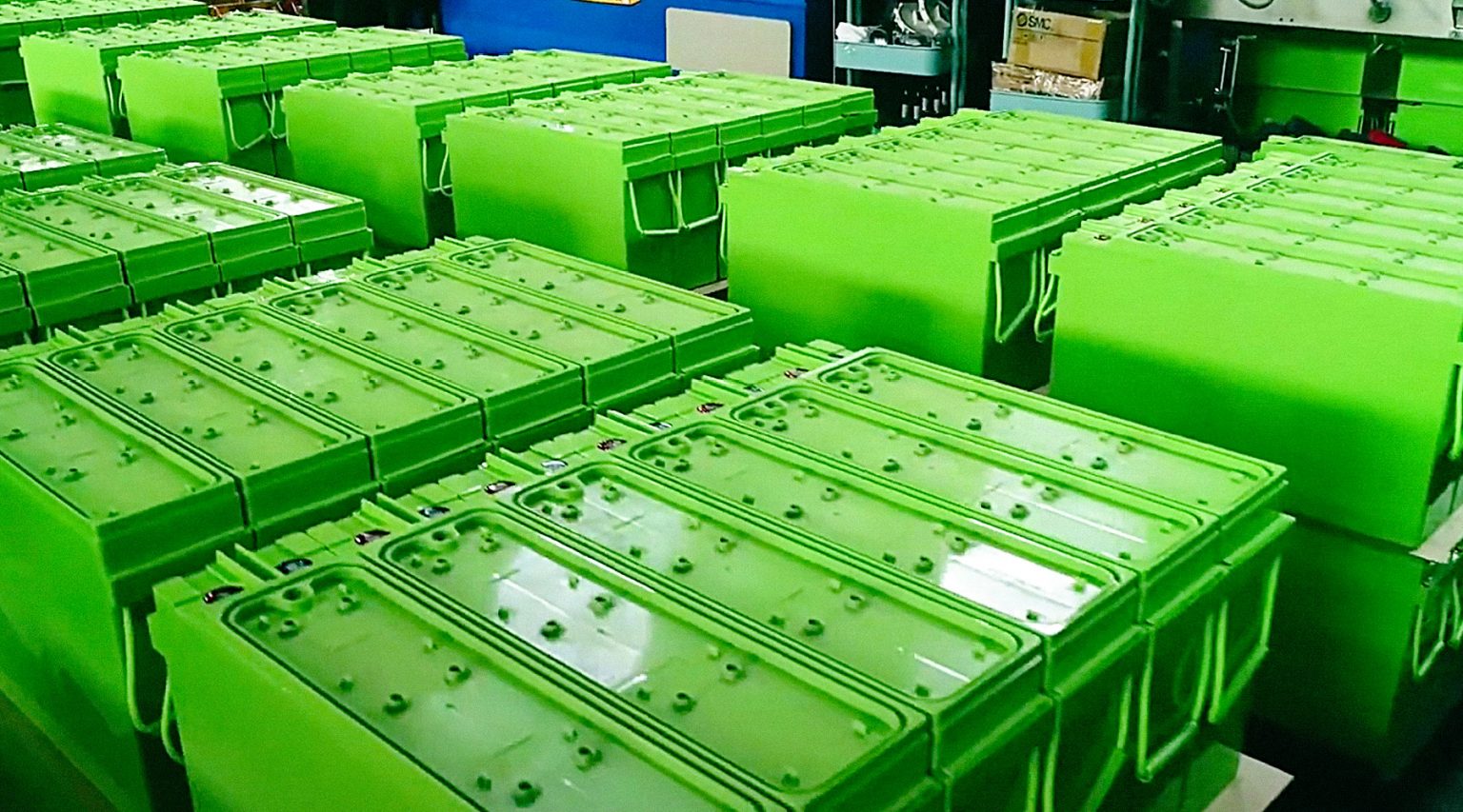
These reasons, among others, are what drew CEO Viktor Spiriev to Monbat Group. “It’s an interesting business,” he tells The CEO Magazine. “In terms of operations, the battery side is the one that’s growing.”
Having gone public on the Bulgarian Stock Exchange in 2007, a listing that saw the European Bank for Reconstruction and Development (EBRD) become a minority shareholder (a stake it sold in 2022), Monbat was also the more challenging choice.

There was a natural inclination to stay in my home country and try to make some change.
Career path
Early in his finance career at PricewaterhouseCoopers, Spiriev faced a decision – to progress up the international ladder and settle for making a limited impact, or embark on an entirely different journey with the potential to do much better.
“There was a natural inclination to stay in my home country and try to make some change,” he says.
After assessing the possibilities, Spiriev decided upon Prista Oil. “The company was struggling, and there was dire need for somebody to take care of the consolidation accounts,” he explains.
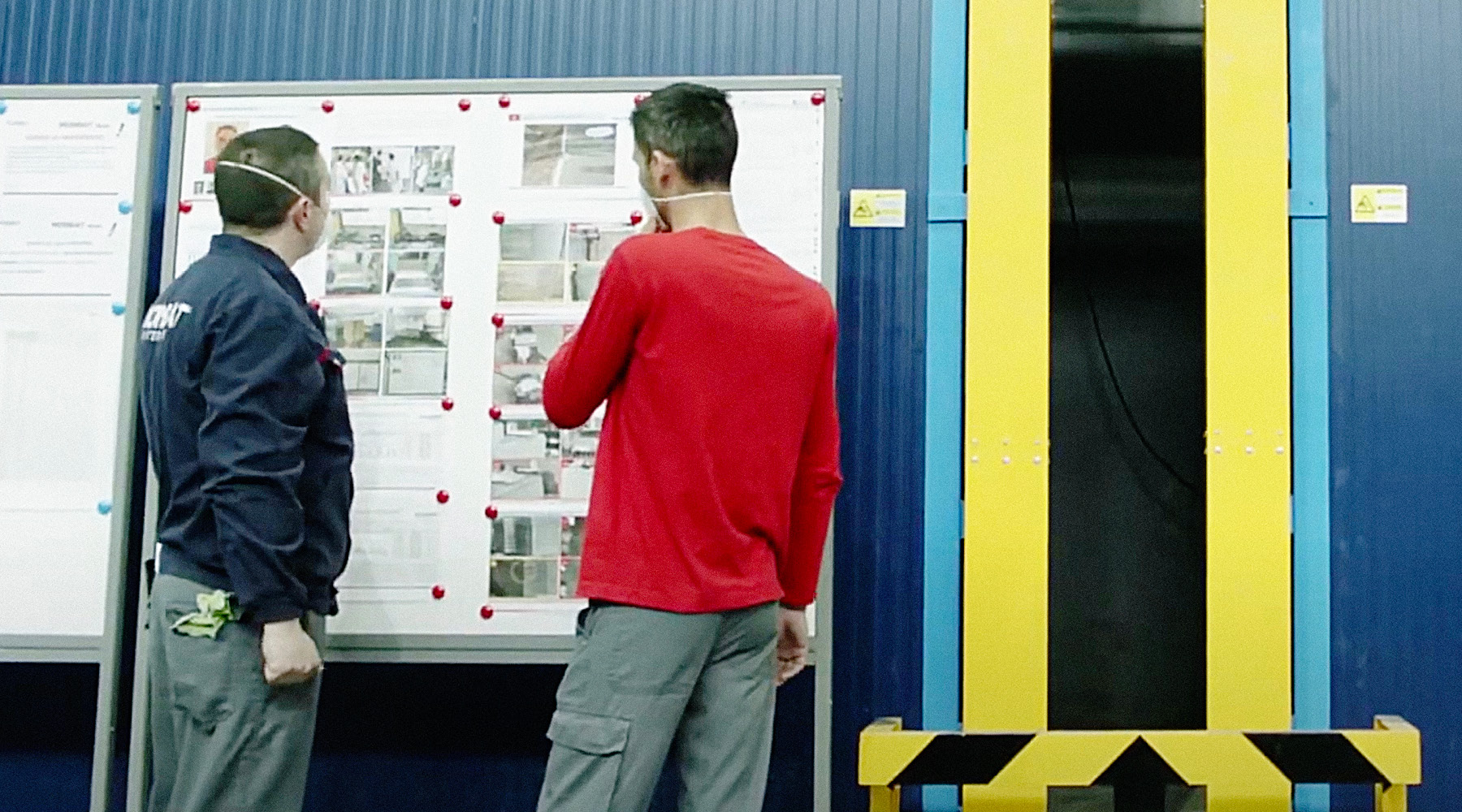
We have a unique role to play as the world transitions to a greener generation of renewable resources.
Spiriev’s first direct involvement with Monbat began in 2015, when changes were afoot in company management.
“My first position was Financial Controller, then I transitioned to Finance Manager and finally Group CFO, but when I joined there was no finance team at all. There was big scope to improve.”
Appreciative of his desire to change the company for the better, Monbat Group’s then-CEO saw Spiriev as a future leader of the company.
“I think he wanted to take the time to achieve some personal goals,” Spiriev says. “That’s when I was approached for the position of CEO, and I was probably the only one crazy enough to take it.”
Moving the company forward
In mid-2021, Spiriev was named Monbat Group CEO. Instantly, he began an aggressive campaign to increase net profits that eventually made Monbat a market leader.
“In 2021, it was a record high year,” he says. “We saw a 10 percent increase in production over previous years, both in terms of volumes of batteries sold and produced.”
Having achieved all this, Spiriev says he isn’t going to rest on his laurels. “I’m going to continue to focus on the short-term. The plan is simple: continue to grow because 2022 was definitely a challenging year.”
The Russia-Ukraine war coupled with the European energy crisis, which began in late 2021, haven’t helped, serving to push up energy prices and inflation as well as create greater demand than ever.
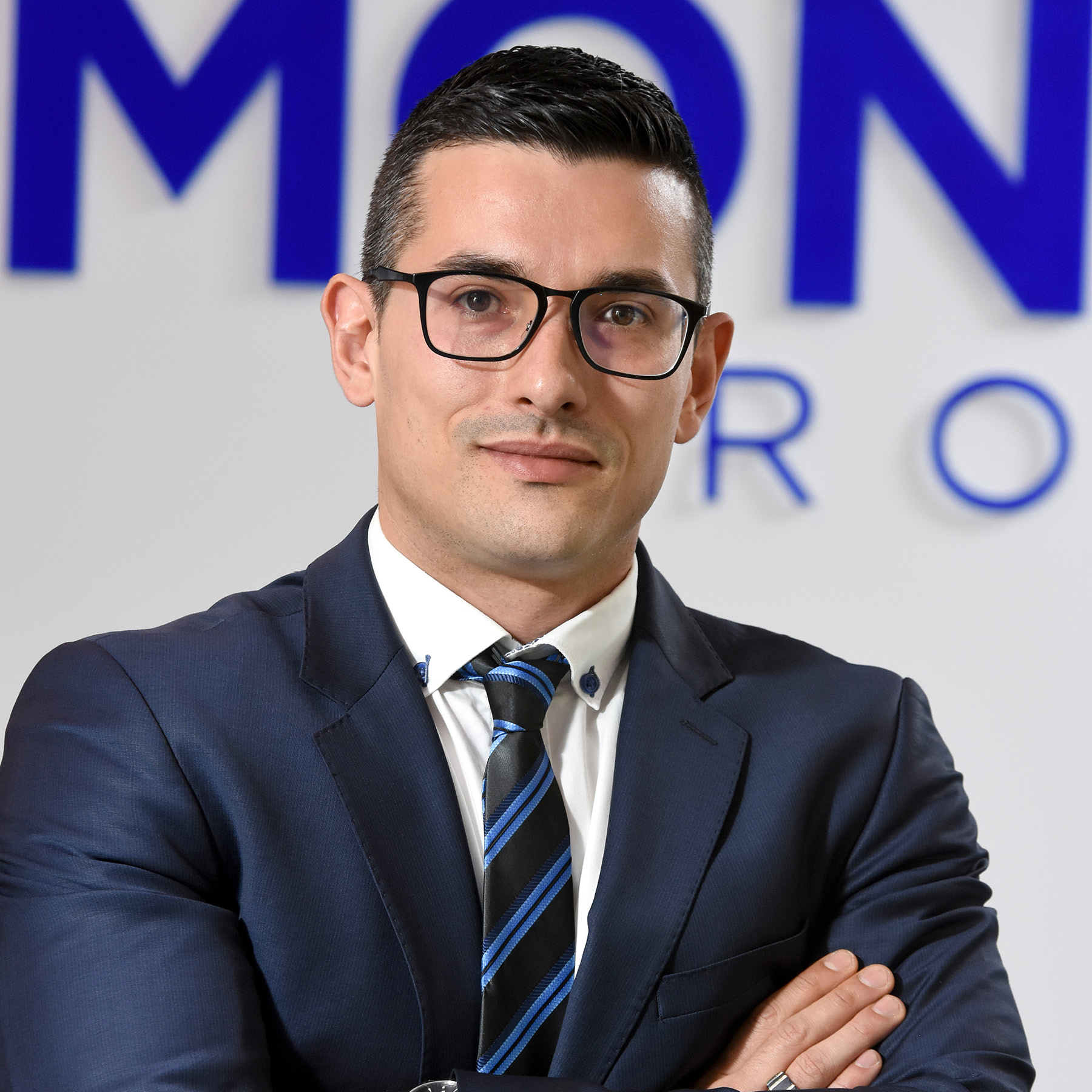
I’m going to continue to focus on the short-term. The plan is simple: continue to grow because 2022 was definitely a challenging year.
“Next year, the most imminent task is to regain growth and try to match 2021’s exceptionally high numbers,” he says. “That means diversifying to include UPS clients and those looking into energy storage solutions.”
The latter point is a particularly hot topic as the future rolls around. “We have a unique role to play as the world transitions to a greener generation of renewable resources,” he says. “And yet, we’re working in an industry whose main product 200 years old.”
Following a road map
The industry’s clear direction is toward deep cycle batteries. These provide some energy storage potential and are tied to applications that require sustained power over long periods of time, such as off-grid renewable energy.
“Also industrial equipment, and that ties into the way the world is moving towards industrialization,” he says.
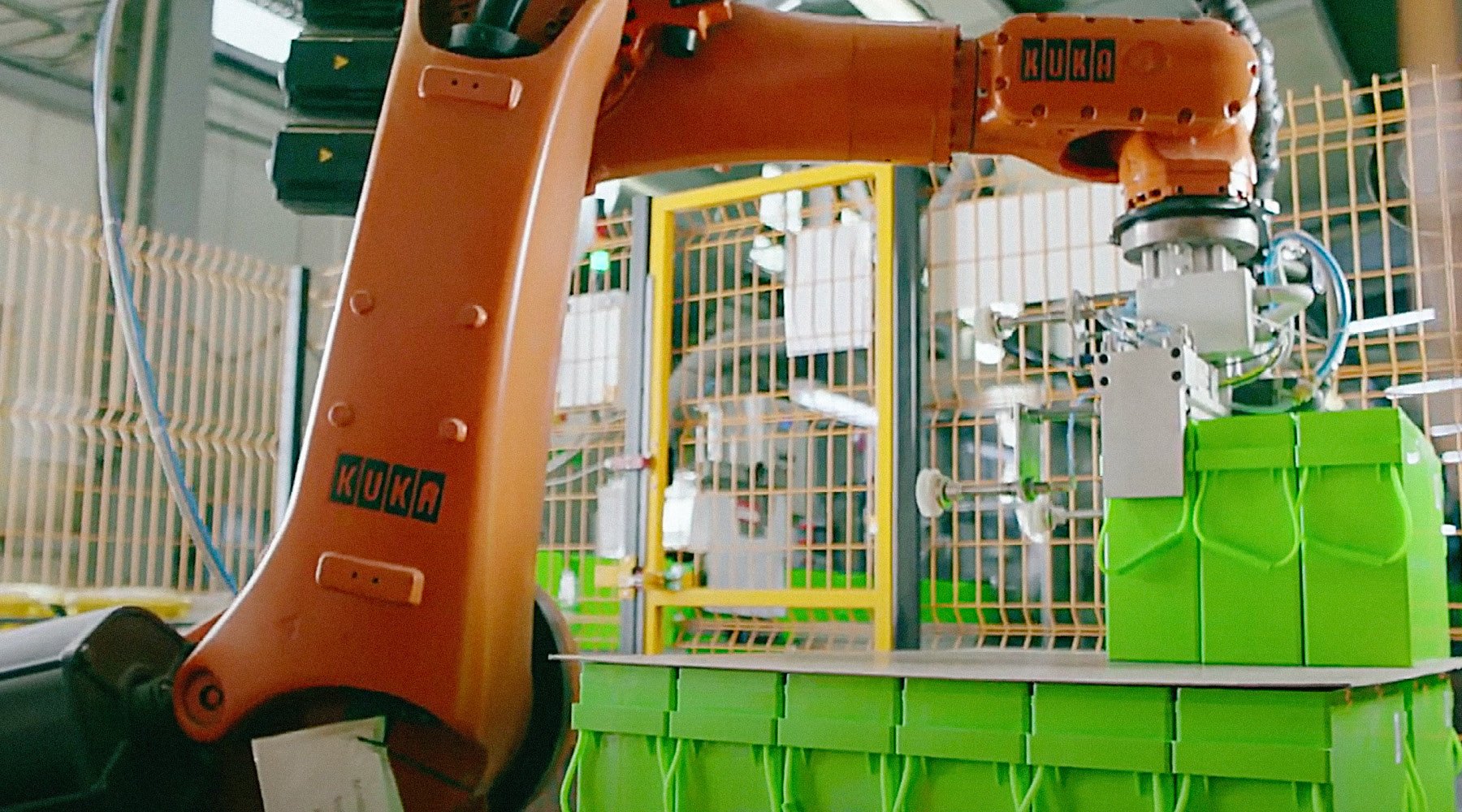
We’re working in an industry that’s more than 200 years old.
The electric vehicle boom isn’t expected to disrupt Monbat’s existing lead-acid business, but nor will it encourage growth. Instead, Spiriev says the company will continue to improve performance of its industrial and support batteries.
“Basically, all hybrid and electric vehicles tend to have a support battery, which we believe will predominantly be a 12-volt lead-acid variety,” he says. “The demand is there; modern cars are full of electronics and need energy.”
Vertical integration
Monbat seems to have all its ducks in a row when it comes to future success, which wouldn’t be possible without what Spiriev calls its vertical integration.
“We’re independent from supply chains, and that hedges us in terms of any supply chain disruption, as was seen during the COVID-19 pandemic.”
Monbat produces lead as well as recycled polypropylene, which comes from its own plants. “This is the basic raw material we use to produce boxes, which we then use for battery production,” Spiriev says. “So 95 percent of what goes into a battery is from recycled material in our case.”
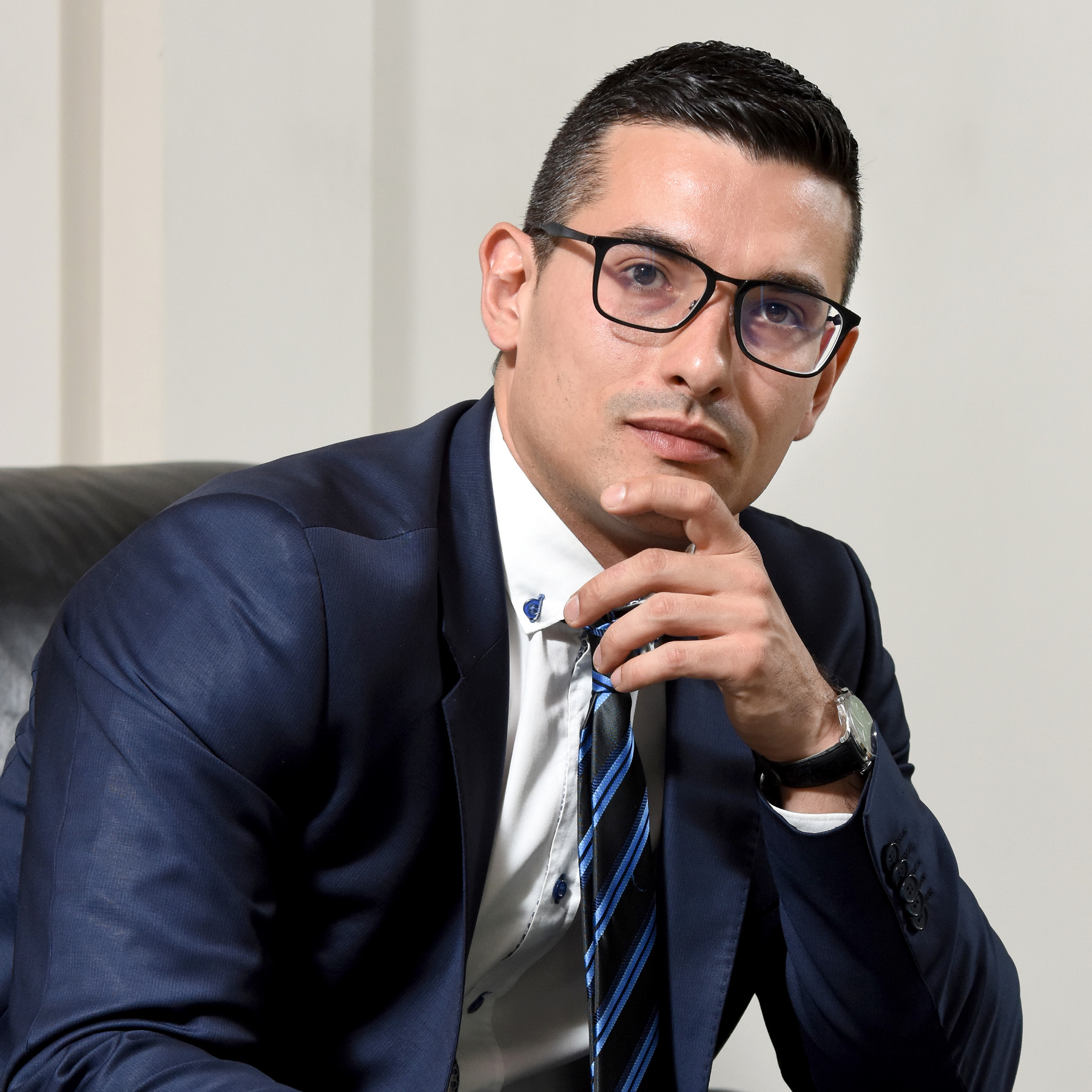
In our case, 95 percent of our batteries are recycled material.
This is when Monbat turns to its network of specialized battery recyclers. “While we have five recycling plants at the moment, we work with many dealers operating used lead-acid batteries,” he says.
“Our partners trust us and they work with us.”
Spreading its wings
And that reputation continues. An agreement in 2022 saw Monbat team up with United Kingdom-based Alpha House, which will operate as Monbat’s manufacturing partner, service provider and distributor throughout the United Kingdom as the Bulgarian company strives for the growth Spiriev knows is possible.
“Geographically, we’re diversified. That’s our idea for the long-term, just to be able to scale the business,” he says. “We’re exporting to Africa now, for instance.”

Geographically, we’re diversified. That’s our idea for the long-term, just to be able to scale the business.
It’s an exciting time for the energy industry. As demand increases for energy storage, Spiriev argues lead still has a significant role to play.
“We need to look at all the technologies that can service the increase in demand for energy storage, which is likely to increase by tenfold or more in the next decade,” he says.
“Raw materials should not be overlooked, especially lead. Lead is not dead.”
Alpha House
A specialist battery supplier that is involved in system integration and unique power solutions across the United Kingdom, Europe and beyond.
Read More
